Mitsubishi Motors Exits China After Over Half a Century of Operations
Date: 2025-07-24 Categories: News Hits: 342
On July 22, 2025, Mitsubishi Motors announced its withdrawal from Shenyang Aerospace Mitsubishi Automobile Engine Manufacturing Co., Ltd. (now renamed Shenyang Guoqing Power Technology Co., Ltd.), a Sino-foreign joint venture, and terminated the joint venture's engine operations. With Beijing Saimu Technology taking over Mitsubishi Motors' 49% stake, Mitsubishi has exited all its joint ventures in China, marking the end of its over 50-year presence in the country.
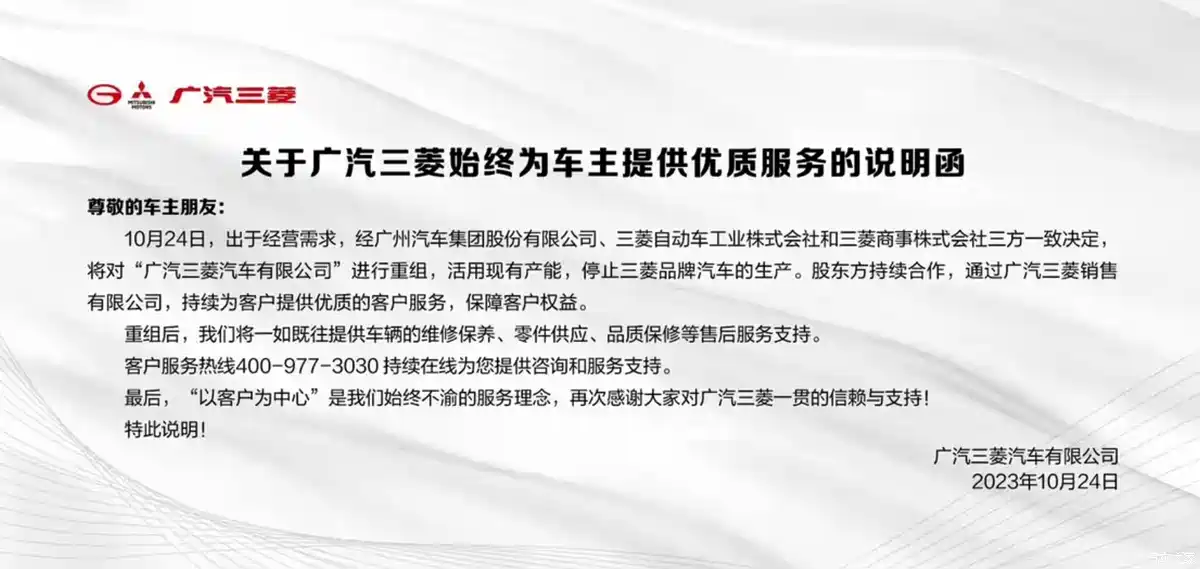
Mitsubishi's journey in China began in the 1970s, starting with auto parts such as engines to advance localization. Among its key assets were two joint venture engine manufacturers: Shenyang Aerospace Mitsubishi and Dongan Mitsubishi. Dongan Mitsubishi once achieved remarkable results—its annual engine output exceeded 300,000 units in 2007 and 2008, surging to over 500,000 units in 2009, ranking 6th nationwide. Its clients included BYD, Hafei Saima, Zotye, and BAIC Foton.
In vehicle production, Mitsubishi expanded through joint ventures and technical partnerships: it invested in Changfeng Motors, Southeast (Fujian) Motor, and GAC Mitsubishi; signed technology licensing agreements with Hafei and Beijing Jeep for localized production; collaborated with Liuzhou Mini-Car Factory on light commercial vehicles; and produced Mitsubishi light trucks in Shenyang. At its peak, Mitsubishi's engines and technologies powered numerous models across passenger and commercial vehicle segments.
However, shifts in China's auto market have eroded Mitsubishi's position. Breakthroughs in engine R&D by Chinese domestic brands (e.g., Chery, FAW, Dongfeng) and the rapid rise of new energy vehicles (NEVs)—with NEV penetration approaching 50%—have undercut Japanese automakers' traditional strengths in internal combustion engines.
Mitsubishi's exit was gradual: it left Dongan Mitsubishi and Southeast (Fujian) Motor in 2021, followed by GAC Mitsubishi in 2023. The 2025 withdrawal from Shenyang Aerospace Mitsubishi (now renamed) finalized its exit.
This mirrors broader challenges for Japanese automakers in China. Suzuki exited earlier, while Toyota, Honda, Nissan, and Mazda saw 2024 sales declines—Subaru's sales halved to approximately 3,600 units. Japanese brands are now accelerating electrification (e.g., GAC Toyota's Bozhi 3X, Dongfeng Nissan's N7) and partnering with Chinese tech firms like Huawei and Xiaomi, but their success remains uncertain.

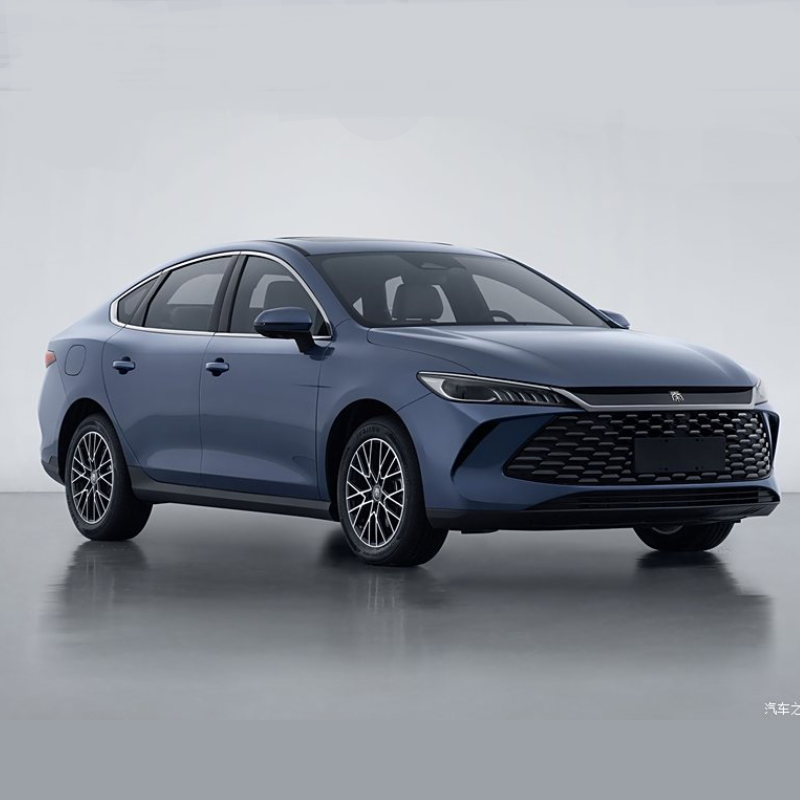 BYD Qin Plus - Fuel-Efficient ...
BYD Qin Plus - Fuel-Efficient ... 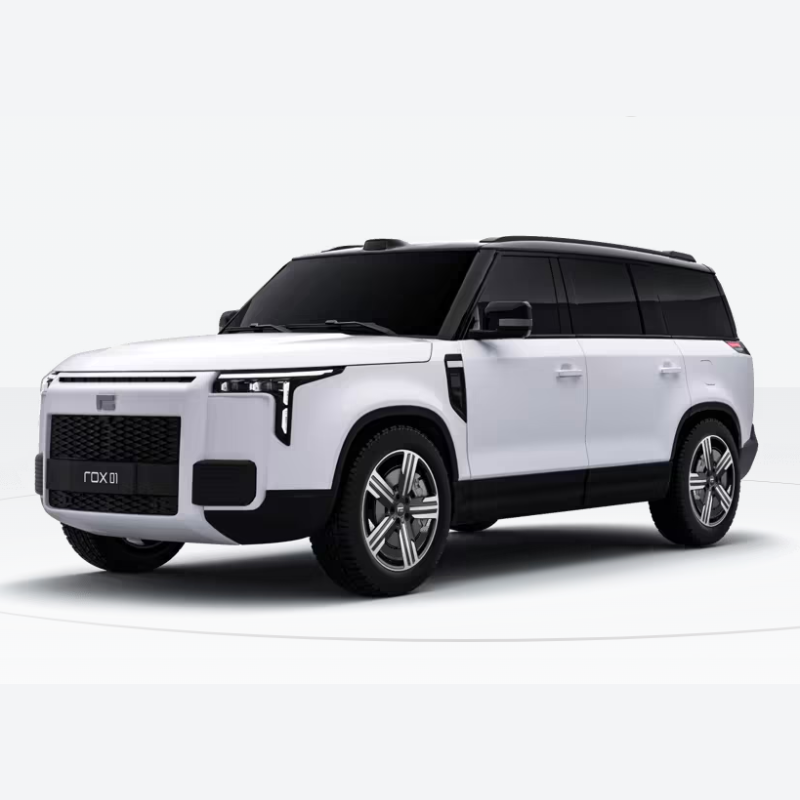 Jishi 01 - Premium Extended-Ra...
Jishi 01 - Premium Extended-Ra... 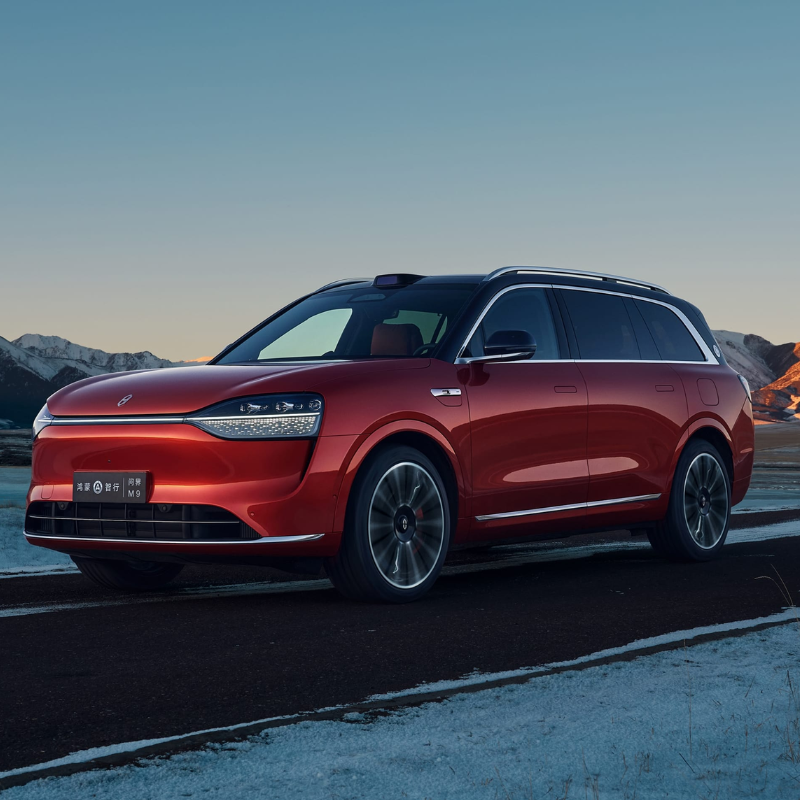 Aito M9: Advanced Electric and...
Aito M9: Advanced Electric and...  Hongqi EQM5 New Energy Vehicle...
Hongqi EQM5 New Energy Vehicle...  Leapmotor c16 5 door 6 Seat La...
Leapmotor c16 5 door 6 Seat La... 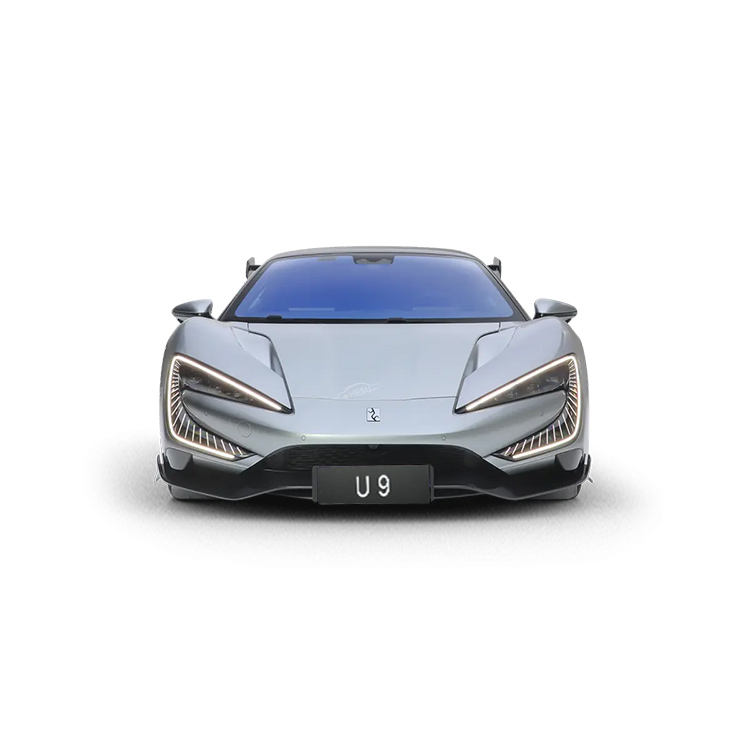 Yangwang U9 Electric New Energ...
Yangwang U9 Electric New Energ... 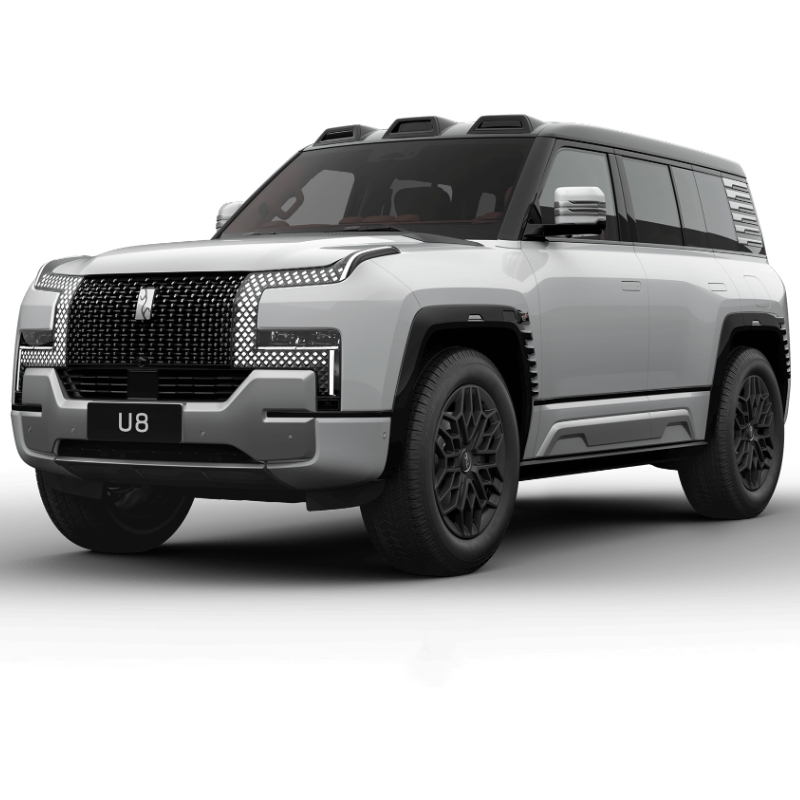 New Energy Vehicles Yangwang U...
New Energy Vehicles Yangwang U...  New Electric Car Li Xiang L6 ...
New Electric Car Li Xiang L6 ... 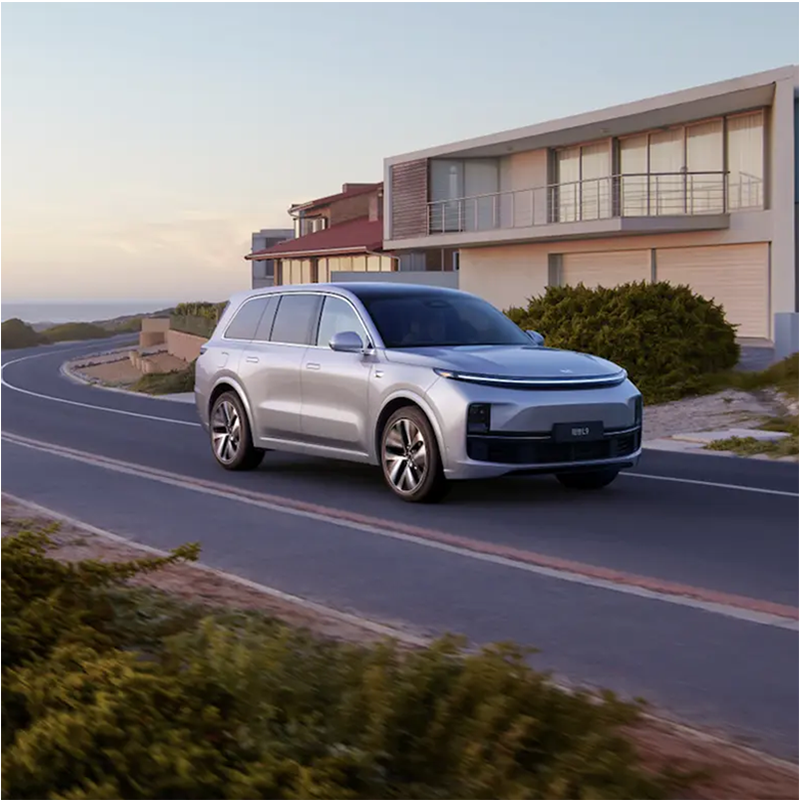 Lixiang 2024 L9 Hybrid SUV Pr...
Lixiang 2024 L9 Hybrid SUV Pr... 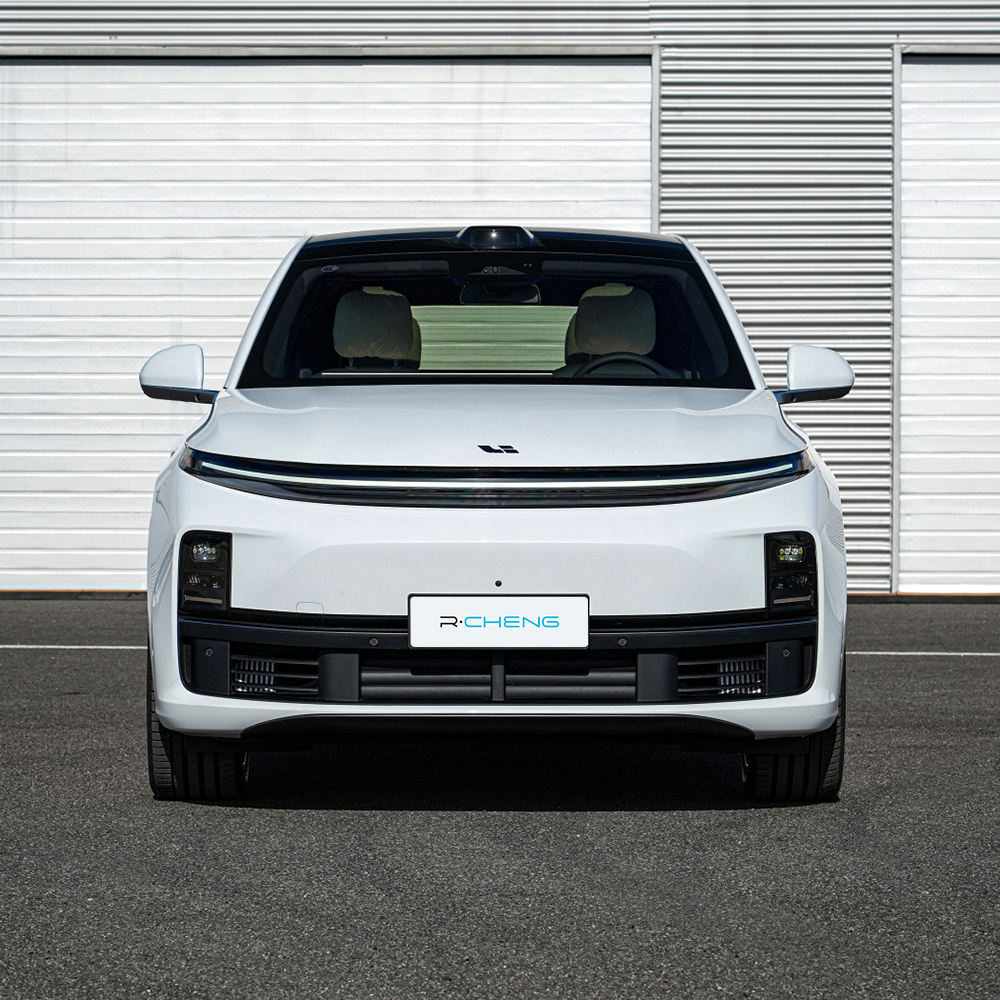 New Electric Car Li Xiang L7 ...
New Electric Car Li Xiang L7 ...